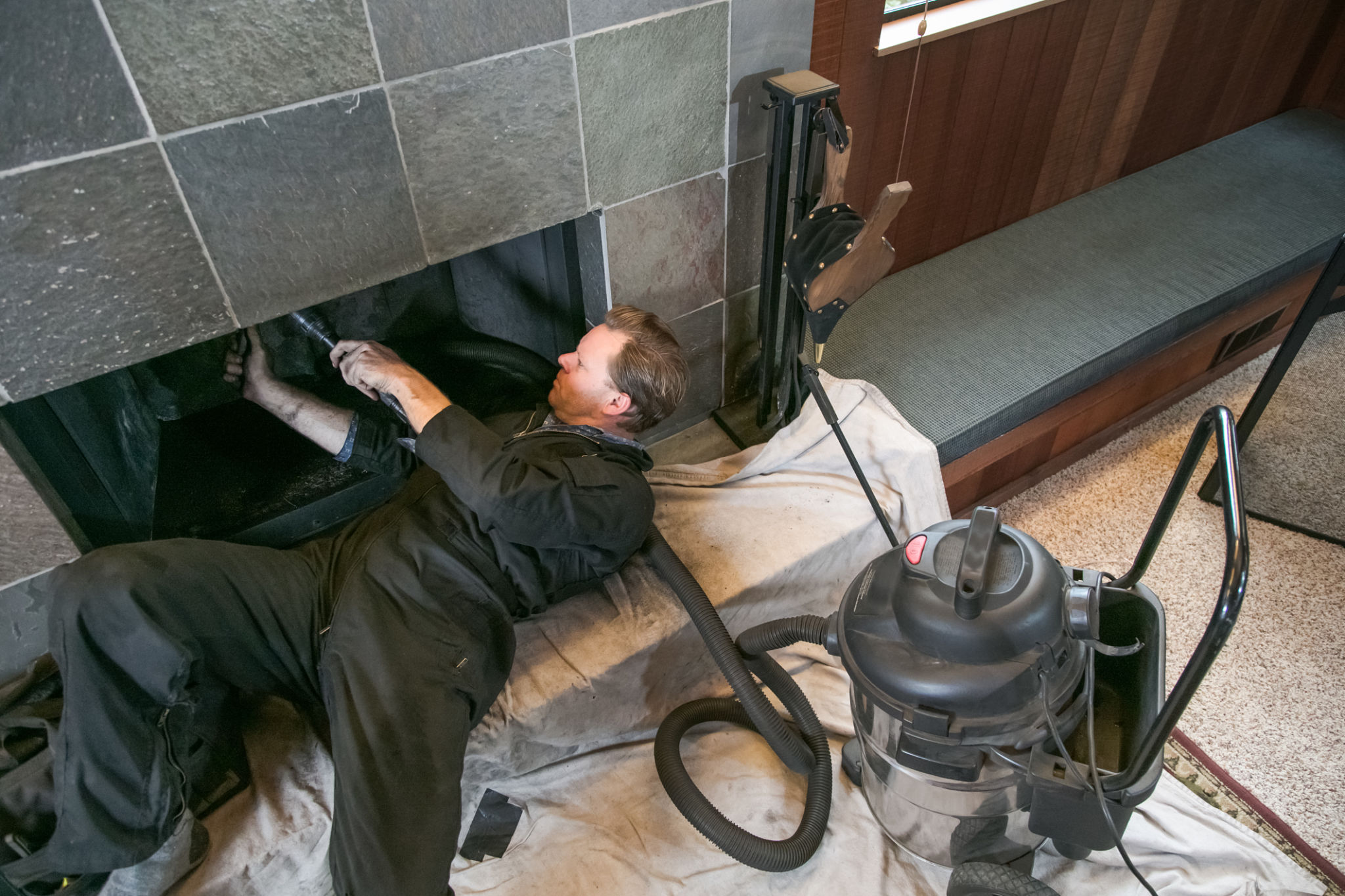Common Myths About Gas Fireplace Repair Debunked
Understanding Gas Fireplace Repair
Gas fireplaces are a popular choice for homeowners due to their convenience and efficiency. However, there are numerous myths surrounding their repair and maintenance. It's important to separate fact from fiction to ensure your fireplace operates safely and efficiently.

Myth 1: Gas Fireplaces Don’t Need Regular Maintenance
One of the most common misconceptions is that gas fireplaces are maintenance-free. In reality, regular maintenance is crucial for ensuring safety and optimal performance. A professional inspection should be conducted annually to check for gas leaks, blockages, and other potential issues.
During these inspections, technicians also clean the fireplace components to prevent soot buildup and ensure that the fireplace burns efficiently. Neglecting maintenance can lead to reduced efficiency and even pose safety hazards.
Myth 2: DIY Repairs Are Safe and Effective
While some homeowners may feel confident in handling minor home repairs, gas fireplace repair is a different matter. Attempting DIY repairs can be dangerous and may void warranties. Gas systems require specialized knowledge and tools to handle safely.

It is always advisable to hire a certified professional for any repair needs. Professionals have the expertise to diagnose issues accurately and ensure that repairs comply with local safety standards.
Myth 3: Gas Fireplaces Are Inefficient
Another myth is that gas fireplaces are less efficient than traditional wood-burning fireplaces. In fact, gas fireplaces can be highly efficient, often converting up to 80-90% of the fuel into usable heat. This efficiency can help reduce energy costs and provide consistent warmth.
However, efficiency can diminish if the fireplace is not properly maintained. Regular cleaning and inspections help sustain efficiency levels, ensuring you get the most from your fireplace.
Myth 4: The Pilot Light Should Always Be On
There is a belief that the pilot light in a gas fireplace should remain on at all times. While keeping the pilot light on can make starting the fireplace quicker, it is not always necessary or cost-effective, especially during warmer months when the fireplace is not in use.

Turning off the pilot light when not needed can save energy and reduce costs. If you are unsure about how to safely turn off or relight your pilot light, consult your fireplace manual or a professional technician.
The Importance of Professional Guidance
In conclusion, separating myths from facts is essential for maintaining the safety and efficiency of your gas fireplace. Regular maintenance and professional repair services play a critical role in achieving this goal. Always prioritize safety by consulting with certified professionals for any concerns regarding your gas fireplace.